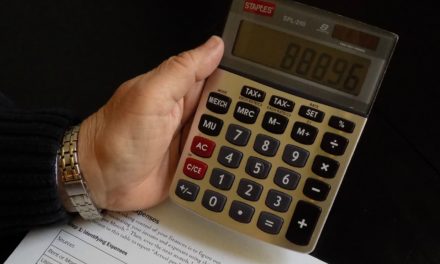
Investing Hub: General Asset Allocation Concepts For Trading CFDs
In order to fully understand asset allocation strategies, a trader who wishes to be involved in trading CFDs must initially be familiarized with assets. Among the many definitions of this term in various subjects, we shall refer to assets as a valuable item that is used by a trader in order to perform his tasks in the market. These items can involve both tangible and intangible items. Now that we already have a clear definition of assets, we are now ready to move into the main attraction of this article which is a lesson about Asset Allocation and how it is used in CFDs and other derivatives.
Asset Allocation Explained
This is a strategy that is usually applied by traders when trading derivatives, assets, bonds and even currencies. When performing this strategy, a trader needs to allot a certain percentage of his money in every account that he handles. Expert traders say that a mastery of such strategy leads to a successful investment portfolio output. As much as every financial instrument has its distinct characteristics, allocation of budget for trading should be based on factors such as:
- Ambition
To be able to determine your ambition, you have to start by trying to imagine how you wish to be seen after trading for a couple of years. By answering this question, you are able to establish a goal which serves as an element towards your decision to provide a certain percentage of your money for trading.
- Time Frame
When do you wish to realize your goal and how long will it take you to earn the needed money for your goal.
- Risk Tolerance
How much risk can you take?
Once you have finished answering the questions on our list, you can already decide the suitable instrument for you. For traders who are willing to take a very high level of risk for the sake of profit, financial coaches will typically suggest trading CFDs, stocks and mutual funds. If you are slightly in favor of risks, you can go for bonds trading but if you never allow risks on your trade then you have to keep and reserve your money for future plans.
3 Asset Classes
Here is a list of assets where you could allocate your money in order to diversify your account.
- CFDs
Contract for Differences are instruments that fall under the category of derivatives. It is a leveraged instrument that is why it is perfect for traders who are able to tolerate high risks and high profit.
- Currencies
Forex traders must know that investing on competing currencies will help lessen your chances of losing because these two may have an opposing effect in the market. Moreover you should also remember that the risk level for currency depends on the currency type available in the market. Investing on strong currencies poses lesser risk than weaker currencies.
- Bonds
Next to cash, bonds fall in the less risky category because these instruments are usually approved and monitored by regulating bodies.
Conclusion
Asset allocation generally requires having a diversified portfolio. As a trader, bear in mind that one needs to have a balanced selection of investment based on the risk level of every instrument. With this being put into practice, asset allocation can hedge your accounts thereby giving you a more secure transaction.











